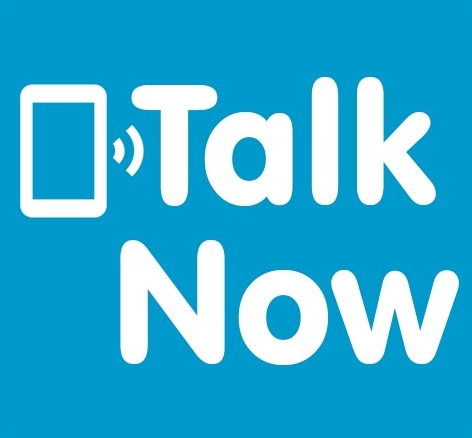Context: Sarah and Alex are two close friends who are in the same high school. Sarah has been chosen to deliver a teachers day speech in English to express gratitude and appreciation for their teachers. She’s feeling a bit overwhelmed and unsure about how to begin writing the speech. Alex, who has experience in public speaking, offers to help Sarah brainstorm and outline her speech. They decide to have a conversation during lunch break to discuss the key points and structure of the speech.
Sample Conversation:
Alex: Hey, I heard you’ve been assigned to give a speech for Teacher’s Day. Need any help with that?
Sarah: Yeah, I’m feeling a bit nervous about it. I’ve never written a speech before. How do I even start?
Alex: Don’t worry, I’ve got your back! Writing a Teacher’s Day speech is all about expressing your appreciation and respect for your teachers. Start with a warm greeting and introduction. Maybe share a personal anecdote about a teacher who made a significant impact on you.
Sarah: That sounds like a good way to connect with the audience. What should I include in the main part of the speech?
Alex: In the main part, you can talk about the qualities that make a great teacher – their dedication, knowledge, patience, and how they inspire students. You could also mention some of the challenges teachers face and how they overcome them.
Sarah: Right, I definitely want to highlight the hard work teachers put in. Should I make it formal or add some humor?
Alex: It’s great to strike a balance. You can use a respectful and slightly formal tone, but a touch of humor can make your speech more engaging. Maybe share a light-hearted classroom moment or a funny teacher-student interaction.
Sarah: Got it. And how do I wrap it up effectively?
Alex: End with a heartfelt thank you to all the teachers for their dedication and impact. You can also mention the role of teachers in shaping the future and express your hopes for continuing the positive influence they’ve had on you and your fellow students.
Sarah: That sounds like a strong conclusion. How long should the speech be?
Alex: Aim for a speech that’s around 3-5 minutes long. It’s enough to convey your appreciation and share your thoughts without dragging on.
Sarah: Alright, this really helps! I’ll start working on the speech using these guidelines. Thanks a ton for your guidance.
Alex: No problem at all! I know you’ll do great. If you need any more help or someone to review your speech, I’m here for you.
Sarah: Thanks again, you’re a lifesaver! I’ll definitely share the final draft with you for feedback.
Alex: Looking forward to it! Good luck, and remember, just speak from the heart. Your appreciation will shine through.
Sarah: Will do! Thanks for the confidence boost.
Glossary:
Overwhelmed: The word “overwhelmed” means to be deeply affected or emotionally impacted by a strong and intense feeling.
Brainstorm: The term “brainstorm” is a verb that refers to the process of generating ideas, solutions, or creative thoughts through a spontaneous and rapid group discussion or individual thinking.
Anecdote: An “anecdote” is a short and often amusing or interesting story or account of a real-life incident, event, or experience.
Humor: Humor” (also spelled “humour” in some regions) refers to the quality of being amusing, funny, or entertaining.
Lifesaver: Lifesaver” is a term often used metaphorically to describe someone or something that provides crucial help or assistance in a difficult or challenging situation.
Remember, it’s important to fully understand these words in context to effectively use them in your speech or conversation.















